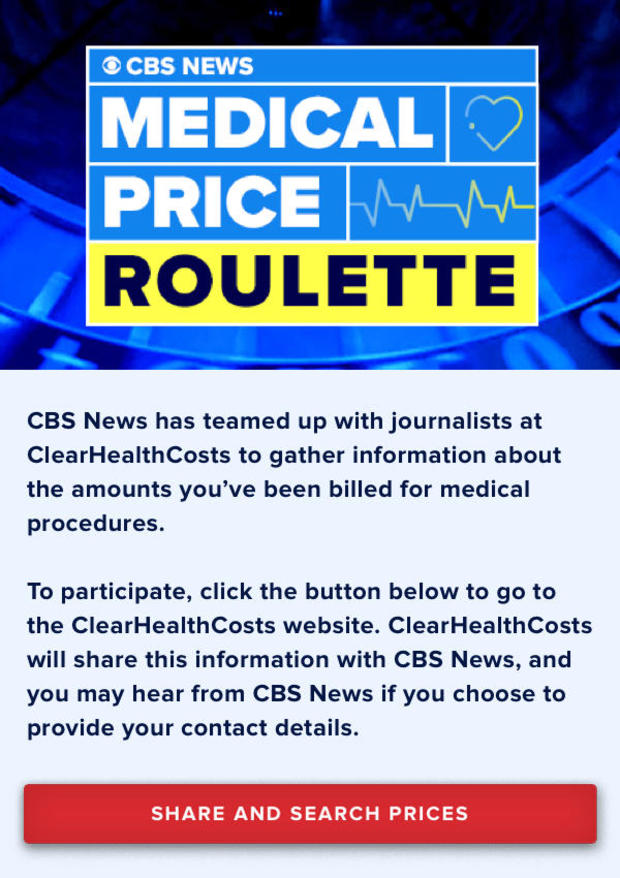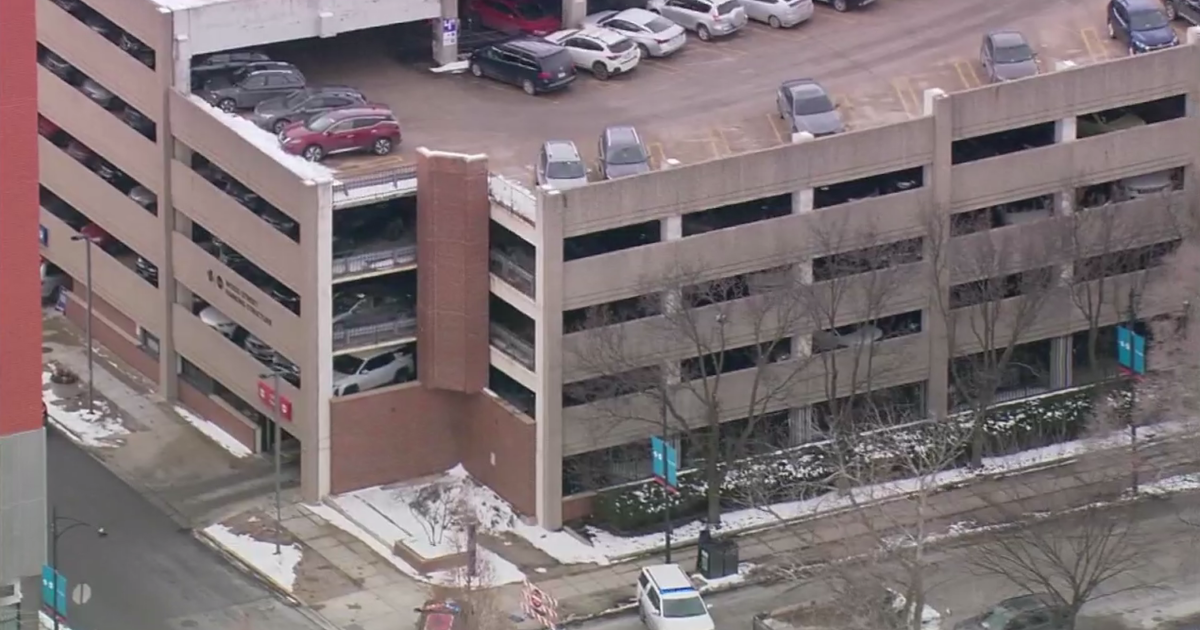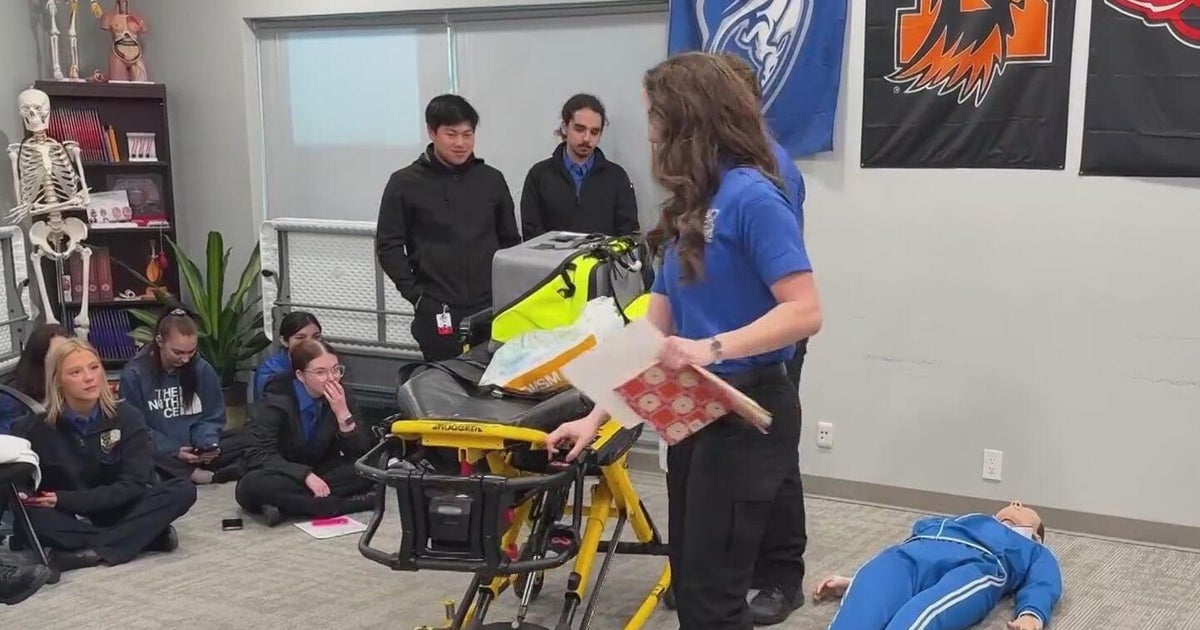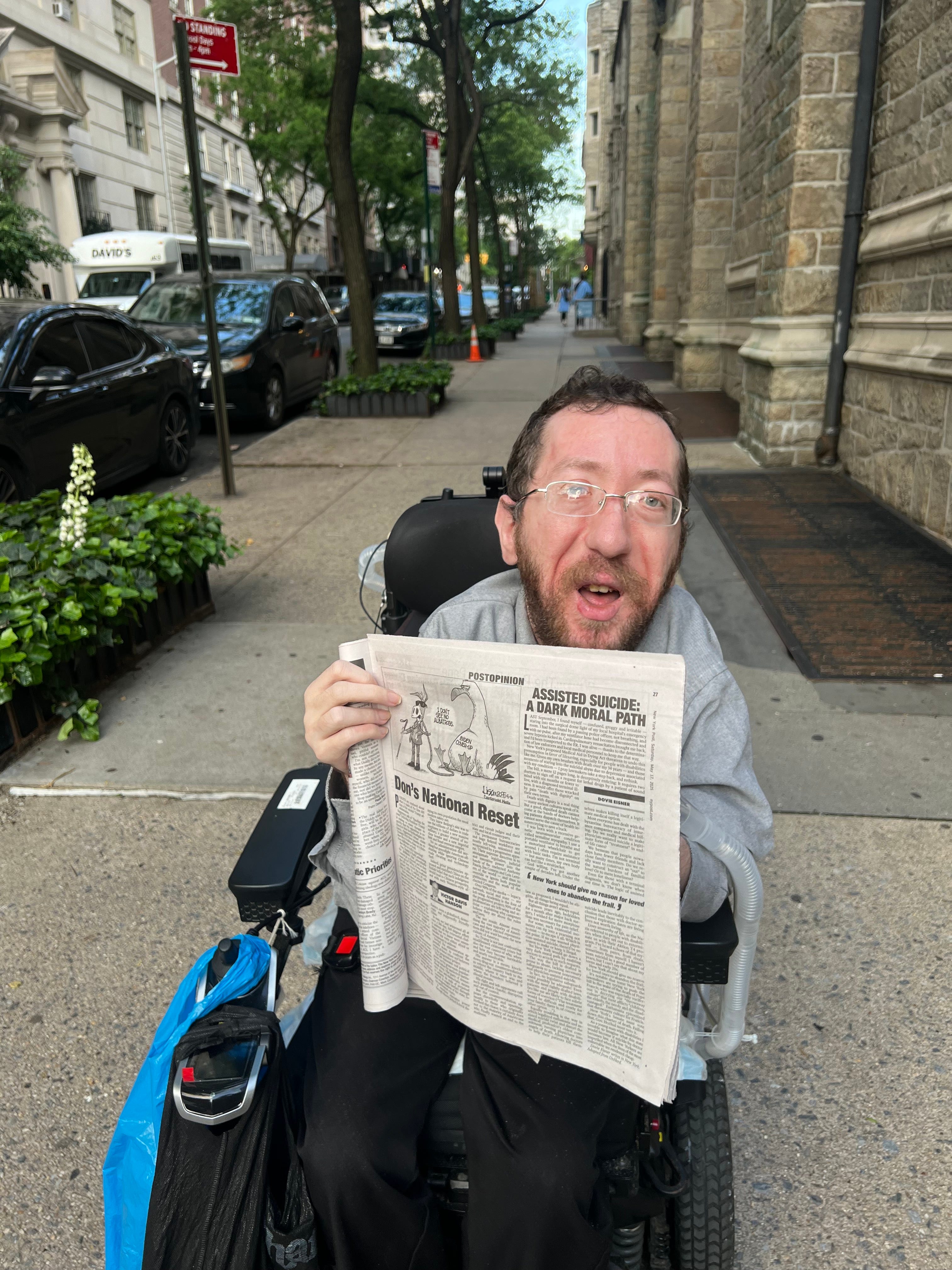Medical bills jump from $220 to $4,000 a month – for a treatment her life depends on
No one really knows what anything costs in health care — and too many people are getting surprise medical bills for thousands of dollars. In a new series, "Medical Price Roulette," CBS News will explore the reasons, and we're collaborating with journalists at ClearHealthCosts to bring transparency to health care markets.
Morgan Gleason suffers from a disease called juvenile dermatomyositis, which causes severe muscle weakness and treatment requires expensive infusion therapy once a month, in a hospital. Her life depends on it.
"So, I mean, not to sound morbid or anything, but I could die," said Gleason, now 21.
But the treatments are not only expensive — it's nearly impossible to pin down what they cost her. "It was mind-blowing to me, it was just shocking," she said.
Gleason is covered under her parents' insurance, which changed three times in a year. For each infusion, the hospital billed roughly the same amount: $29,000.
In June 2018, records show Cigna paid a negotiated rate of just over $3,300 for that procedure. Then in December 2018, Blue Cross Blue Shield Alabama paid a different negotiated rate: Just over $3,800. And this February? GEHA (Government Employees Health Association) paid five times as much, nearly $21,000.
That difference affected the cost to Gleason's parents, too. Gleason said the price they paid went from about $220 to $4,000.
"I was like, how is this even possible? Like, the only thing that's changed has been what insurance I have. There's no rhyme or reason to it," she said.
Doctor and health services researcher Aaron Carroll said it's all about the price negotiations between hospitals and insurance companies — deals he says are done in secret.
"They don't want everyone to know the information that is out there," he said. "If everyone knows the price, then everybody can say, I want that price. Not letting everybody else know someone else is getting a discount is a good way to get some people to pay more money."
But the hospital industry says it's a private market.
"Hospitals don't expose privately negotiated rates," said Ashley Thompson, senior vice president for public policy analysis at the American Hospital Association. "It's a competitive market. It's a private market. And both hospitals and insurers believe it should remain that way. I think that what consumers really want to know is what they're going to pay out-of-pocket."
Even figuring that out can be a challenge.
Three years ago, Beth Tofel wound up paying $4,000 for cardiac tests — after insurance.
"It's a lot of money and it's a lot of money when you're already spending money on insurance," said Tofel.
She needs those tests again, but this time, she tried calling around to check prices. After two hours, she still didn't know.
"I think that's what happens, people either probably give up, they don't understand half of what they were told, and they either, you know, and maybe they don't get the care they need," said Tofel.
CBS News reached out to the insurance companies in this story. Only Cigna responded, and said it empathizes with Gleason's situation, but that it's important for consumers to realize that health care costs vary.
We'd like to know what you paid for medical procedures. Share your story and learn how you can search ClearHealthCosts' database of prices in our sample markets. You can also email us at healthcosts@cbsnews.com.
CBS News national consumer investigative correspondent Anna Werner and ClearHealthCosts Founder and CEO Jeanne Pinder discuss our "Medical Price Roulette" series on the "CBS This Morning" podcast.






